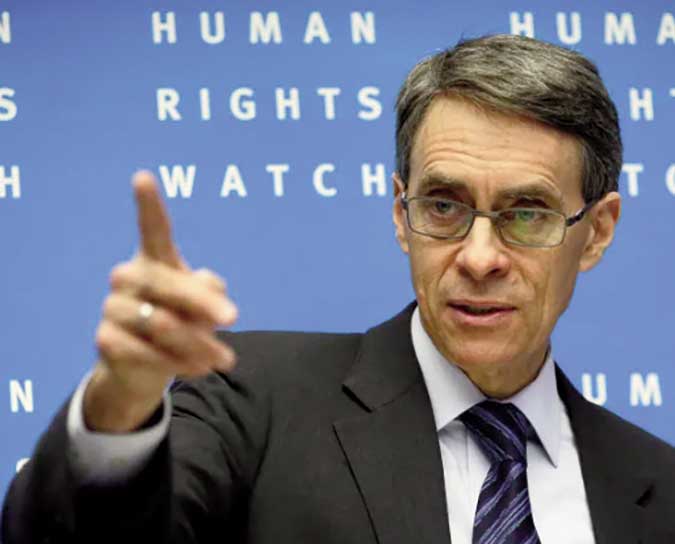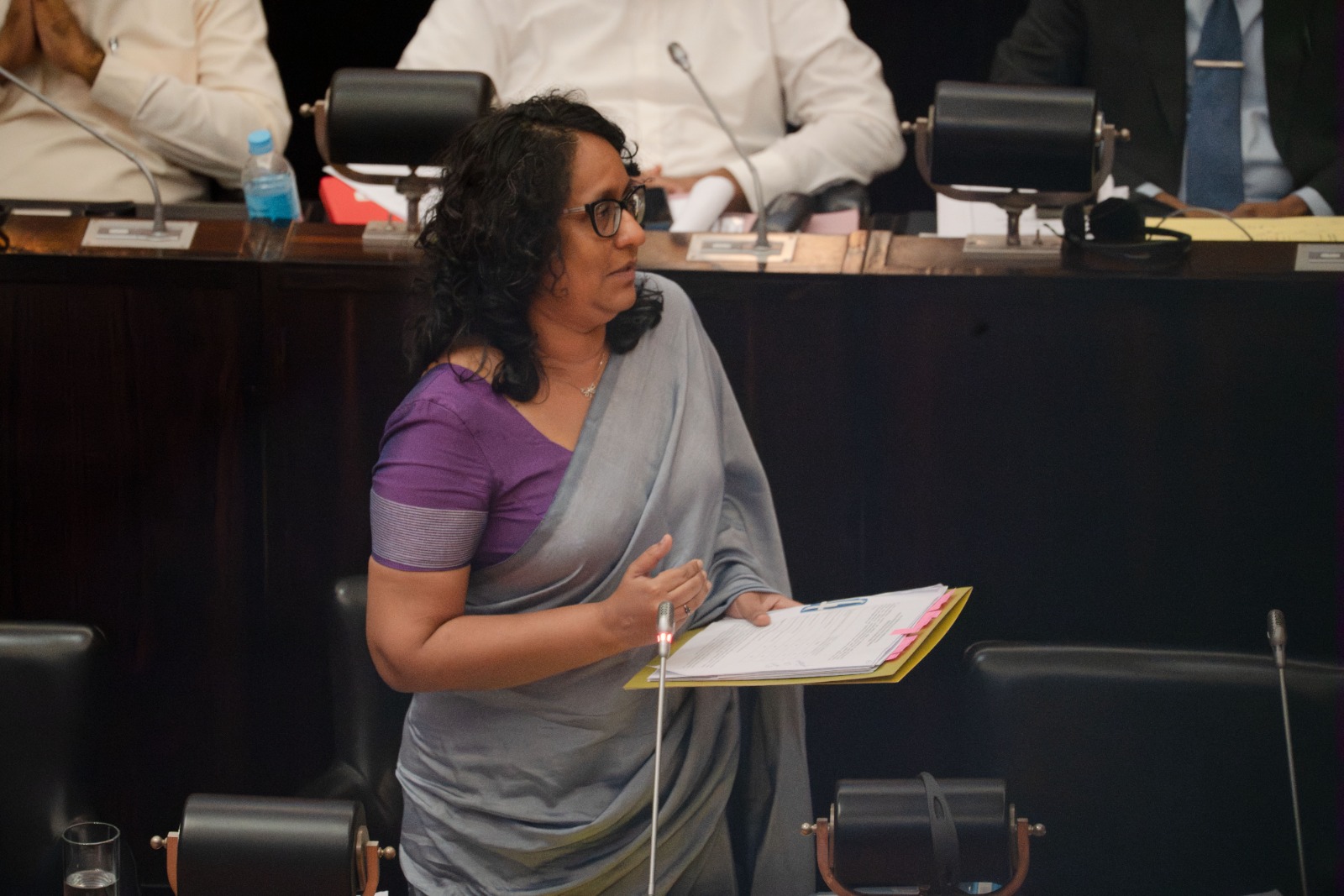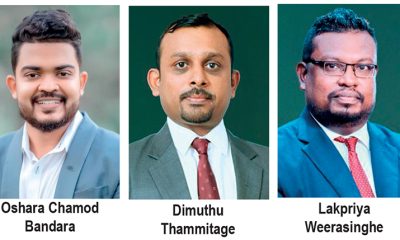News
Former head of HRW denied Harvard fellowship over ‘anti-Israel bias’

The Harvard Kennedy School in the United States rescinded a fellowship offer to the former head of Human Rights Watch (HRW) over the well-respected organisation’s criticism of Israeli government policies, US magazine The Nation has reported.
Kenneth Roth, who spent nearly three decades as the executive director of HRW before announcing his retirement in April, was offered to join as senior fellow by the executive director of the Carr Center for Human Rights Policy at Harvard, a centre he said he had been involved in since its founding in 1999.
While the approval of the Harvard Kennedy School dean, Douglas Elmendorf, should have been a formality, the prominent human rights advocate was informed after a video conversation in July that his fellowship offer had been withdrawn.Elmendorf allegedly cited an “anti-Israel bias” and Roth’s tweets on Israel, which he said were of particular concern.
In an article published on Friday by The Nation, Roth, who is Jewish and says he was drawn to the human rights cause by his father’s experience living in Nazi Germany, described the incident as “crazy” and said Elmendorf had “no backbone whatsoever”.
The US magazine reported that the Carr Center is among the smallest and poorest of the school’s subdivisions, with an eight-person staff and 32 fellows, and sits uncomfortably among other institutes at the Kennedy School that deal with defence policy, military strategy, and intelligence gathering.
Among them is the Belfer Center for Science and International Affairs. “A look at its activities can help explain why Roth was deemed too hot to handle,” Michael Massing wrote in his piece for The Nation.
The centre counts former CIA Director David Petraeus among a long list of former intelligence brass taking part in its highest-profile initiatives. Among the 16 members of the Dean’s Executive Board is also Idan Ofer, son of Israeli shipping magnate Sammy Ofer, and his wife Batia.After being vetoed by Harvard, Roth accepted a visiting fellowship at the University of Pennsylvania.
The New York Times dubbed Roth the “godfather” of human rights in an article that noted how he had been “an unrelenting irritant to authoritarian governments, exposing human rights abuses with documented research reports that have become the group’s specialty”. – Al Jazeera
News
INS GHARIAL departs island

The Indian Naval Ship (INS) GHARIAL which made a port call in Colombo, departed the island on 06 Feb 26.
The Sri Lanka Navy bade a customary farewell to the departing ship at the Port of Colombo, following naval traditions.
During the ship’s port call, the crew took a sightseeing tour of key attractions in Colombo.
The visit also featured the handover of ten temporary Bailey Bridges, which were brought by INS GHARIAL, in coordination with the High Commission of India in Sri Lanka.
News
Stop the collection of funds from parents at school level for Smart Boards — PM

Prime Minister Dr. Harini Amarasuriya stated that the Ministry of Education has already commenced the distribution of Smart Boards required for the new education reforms, and that the collection of funds from parents at school level for this purpose must be stopped immediately. She further emphasized that no decision has been taken to curtail free education or to close the Jayewardenepura Faculty of Dental Sciences.
The Prime Minister made these remarks in response to a question raised in Parliament on Thursday [05th February] by the Leader of the Opposition, Sajith Premadasa.
Elaborating further, the Prime Minister stated,
“Although the Leader of the Opposition has not traditionally upheld free education as a policy, I appreciate your stance on the matter at this juncture. However, I urge that questions should not be raised based on social media content or unverified rumours in Parliament. No decision has been taken to curtail free education or to close the Jayawardenepura Faculty of Dental Sciences. The Medical Faculty of the Wickramarachchi University of Indigenous Medicine had commenced operations without regulatory approval and had introduced course work, resulting in students being placed in a vulnerable situation. Necessary action is currently being taken based on the recommendations of a report submitted by an expert committee appointed to examine the issue. This this is not a political decision, but one guided by expert opinion”.
“Arrangements are underway to distribute the required Smart Boards to schools during this year, and there is no need to collect funds from parents for this purpose. If any such collections are taking place, they must be stopped immediately. The Secretary to the Ministry of Education has already issued a directive instructing schools not to collect funds from parents”.
“The subject Information Technology will not be taught as a separate subject for Grades 1 to 5. However, recognizing the need to prepare students for a globally advancing technological world, discussions have been initiated based on expert advice on how to provide age-appropriate technological awareness to students. Decisions will be made after carefully considering child protection concerns and expert recommendations. The curriculum-related decisions will not be made politically, but by subject experts.
Based on the requests made by the universities and higher education institutions recruitment for essential academic vacancies is currently being carried out under the Cabinet approval. Although thirty years have passed since the establishment of the teacher service, further measures are required to enhance its quality. Existing issues relating to teacher promotions, considering the practical difficulties in evaluation processes and non-compliance with service minute provisions are being addressed alongside other challenges. The government is presently focused on formulating a systematic plan to ensure quality education.”
Responding to a question raised by the Member of Parliament Kader Mastan, the Prime Minister stated,
“Several programmes have been introduced based on government policy decisions to fulfill the basic needs of schoolchildren. These include the provision of school textbooks, uniforms, and the “Suraksha” health insurance scheme. Additionally, voucher schemes have been introduced to support the purchase of sanitary products for girls in Grades 6 to 13. Midday meals are also being provided for primary school students, and financial assistance is extended to students who pass the Grade 5 Scholarship Examination but do not receive bursaries. The Ministry of Education is in the process of gathering further information with the intention of expanding these programmes”.
The Prime Minister also announced that the 2025 G.C.E. Ordinary Level Examination is scheduled to be held from February 17 to 26. Although this period coincides with the observance of Ramadan, relevant authorities have confirmed that it will not pose an obstacle to the conduct of the examination. Furthermore, it has been decided to hold the Grade 5 Scholarship Examination and the G.C.E. Advanced Level Examination before August each year, and the G.C.E. Ordinary Level Examination in December. From 2026 onwards, efforts will be made to conduct examinations in accordance with this revised annual examination calendar.
[Prime Minister’s Media Division]
News
Steps have been taken to modernize Technical Colleges in all 25 Districts – PM

Marking a major transformation in Sri Lanka’s vocational education sector, the Government has decided to develop and modernize 25 technical colleges located across all the 25 districts in line with contemporary global standards.
It was revealed at a special discussion held on 06th of February at the Parliamentary Complex, chaired by the Minister of Education, Higher Education and Vocational Education, Prime Minister Dr. Harini Amarasuriya, together with the Deputy Minister of Vocational Education Nalin Hewage.
Addressing the meeting, the Prime Minister emphasized that these development initiatives should not be limited merely to providing vocational skills, but should also place strong emphasis on the mental health and overall well-being of the youth.
Accordingly, the Prime Minister stressed the importance of establishing modern hostels, cafeterias, and healthcare facilities; designing both internal and external environments in a manner that offers recreational and aesthetic experiences while promoting mental well-being; and developing a distinct identity for each technical college so that they can be clearly recognized as unique institutions, separate from other educational establishments.
Speaking at the discussion, Deputy Minister of Vocational Education Nalin Hewage stated that development work at 23 technical colleges could be commenced in the near future in order to enhance the human resources required for national development. He further noted that it is expected to obtain the labour contribution and assistance of the Tri-Forces for these construction and modernization activities.
The discussion was attended by Deputy Minister of Defence Major General Aruna Jayasekara, Secretary to the Ministry of Defence Air Vice Marshal Sampath Thuyacontha, Secretary to the Ministry of Education Nalaka Kaluwewa, along with the officers from the Tri-Forces.
[Prime Minister’s Media Division]
-

 Business4 days ago
Business4 days agoSLIM-Kantar People’s Awards 2026 to recognise Sri Lanka’s most trusted brands and personalities
-

 Business6 days ago
Business6 days agoAltair issues over 100+ title deeds post ownership change
-

 Business6 days ago
Business6 days agoSri Lanka opens first country pavilion at London exhibition
-

 Business5 days ago
Business5 days agoAll set for Global Synergy Awards 2026 at Waters Edge
-

 Business4 days ago
Business4 days agoAPI-first card issuing and processing platform for Pan Asia Bank
-

 Business6 days ago
Business6 days agoESOFT UNI Kandy leads the charge in promoting rugby among private universities
-

 Editorial2 days ago
Editorial2 days agoAll’s not well that ends well?
-

 Features2 days ago
Features2 days agoPhew! The heat …













